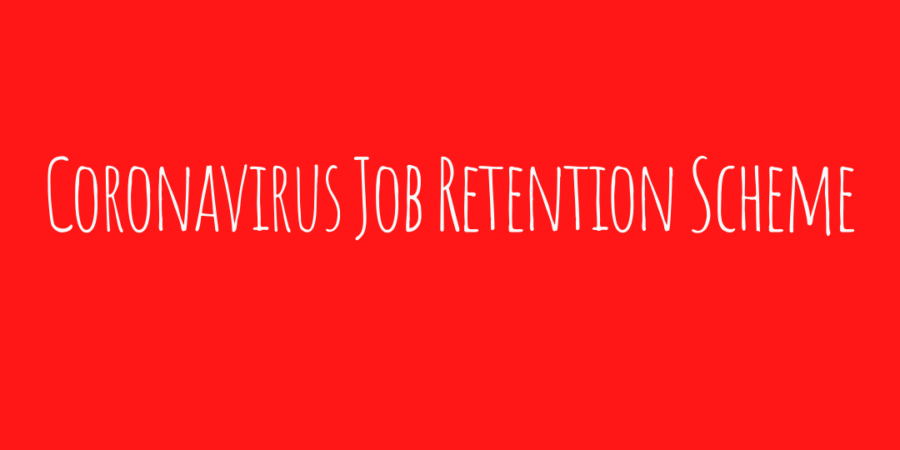
Check if your employer can pay 80% of your regular salary or up to £2,500 during the pandemic
If you and your employer both agree, your employer might be able to keep you on the payroll if they’re unable to operate or have no work for you to do because of coronavirus (COVID-19). This is known as being ‘on furlough’. Your employer could:
- • pay 80% of your regular monthly wages, through the Coronavirus Job Retention Scheme, up to a maximum of £2,500;
- • can claim for a minimum of 3 consecutive weeks and for up to 3 months, but this may be extended;
- • cannot choose to pay you less than the grant.
You’ll still be paid by your employer and pay Income Tax, National Insurance contributions, Student Loan repayments and any other deductions (such as pension contributions) from your wage. You cannot undertake work for your employer while on furlough.
The scheme to be up and running by the end of April. The grant will start on the day you were placed on furlough and this can be backdated to 1 March 2020. Your employer can claim on gov.uk .
Are you eligible?
Your employer is responsible for claiming through the Job Retention Scheme on your behalf and for paying you what you are entitled to. You cannot apply for the scheme yourself. Please speak to your employer about the scheme. Once agreed your employer must confirm in writing that you have been furloughed to be eligible to claim. Contact your employer if you do not receive confirmation.
Any employer with a UK payroll and a UK bank account will be able to claim, but you must have been on your employer’s PAYE payroll before or on 28 February 2020. You can be on any type of contract, including:
– a zero-hour contract
– temporary contract.
You can be furloughed under the scheme if you are a foreign national.
This scheme does not apply if you are self-employed or to any income from self-employment. You may qualify for support under the self-employment income support scheme.
If you’re on sick leave or self-isolating because of coronavirus (COVID-19), speak to your employer about whether you’re eligible – you should get Statutory Sick Pay (SSP) while you are on sick leave or self-isolating, but can be furloughed after this.
If you are unable to work, including from home, due to caring responsibilities arising from coronarivus (COVID-19), such as caring for children who are at home as a result of school and childcare facilities closing, or caring for a vulnerable individual in your household, then you should speak to your employer about whether they plan to place staff on furlough.
What if you were made redundant or stopped working for your employer after 28 February 2020?
Your employer can agree to re-employ you and place you on furlough. They’ll still be able to claim a grant to cover 80% of your regular wages, up to a monthly cap of £2,500 if you were on your employer’s PAYE payroll on 28 February 2020.
What if you currently have more than one employer?
You can be put on furlough by one employer and continue to work for another. If you’re put on furlough by more than one employer, you’ll receive separate payments from each employer. The 80% of your regular wage up to a £2,500 monthly cap applies to each job.
What if..
* you are on Universal Credit – your UC payment might change – find out how earnings affect your payments;
*you are on maternity leave – The normal rules for maternity and other forms of parental leave and pay apply;
* you are pregnant and about to start maternity leave – you should start maternity leave as normal;
* you’re employed by an individual (e.g. as a nanny)- your employer can furlough you under the scheme if you are paid through PAYE and were on their payroll on or before 28 February 2020;
* you’re on a fixed term contract- your employer can choose to renew or extend your contract during the furlough period.
If you do not want to go on furlough?
If your employer asks you to go on furlough and you refuse you may be at risk of redundancy or termination of employment, depending on the circumstances of your employer. However, this must be in line with normal redundancy rules and protections.
Source and more information can be found at gov.uk.
PBIC offers free support! If you have any questions you can contact the PBIC team on 01234 328100 or e-mail us at info@pbic.org.uk Monday to Friday between 9.30 am to 3 pm.
If you need advice URGENTLY, we have launched an additional PBIC helpline 01234 331817. The helpline will be open on Monday, Thursday and Friday between 9.30 am – 3 pm.